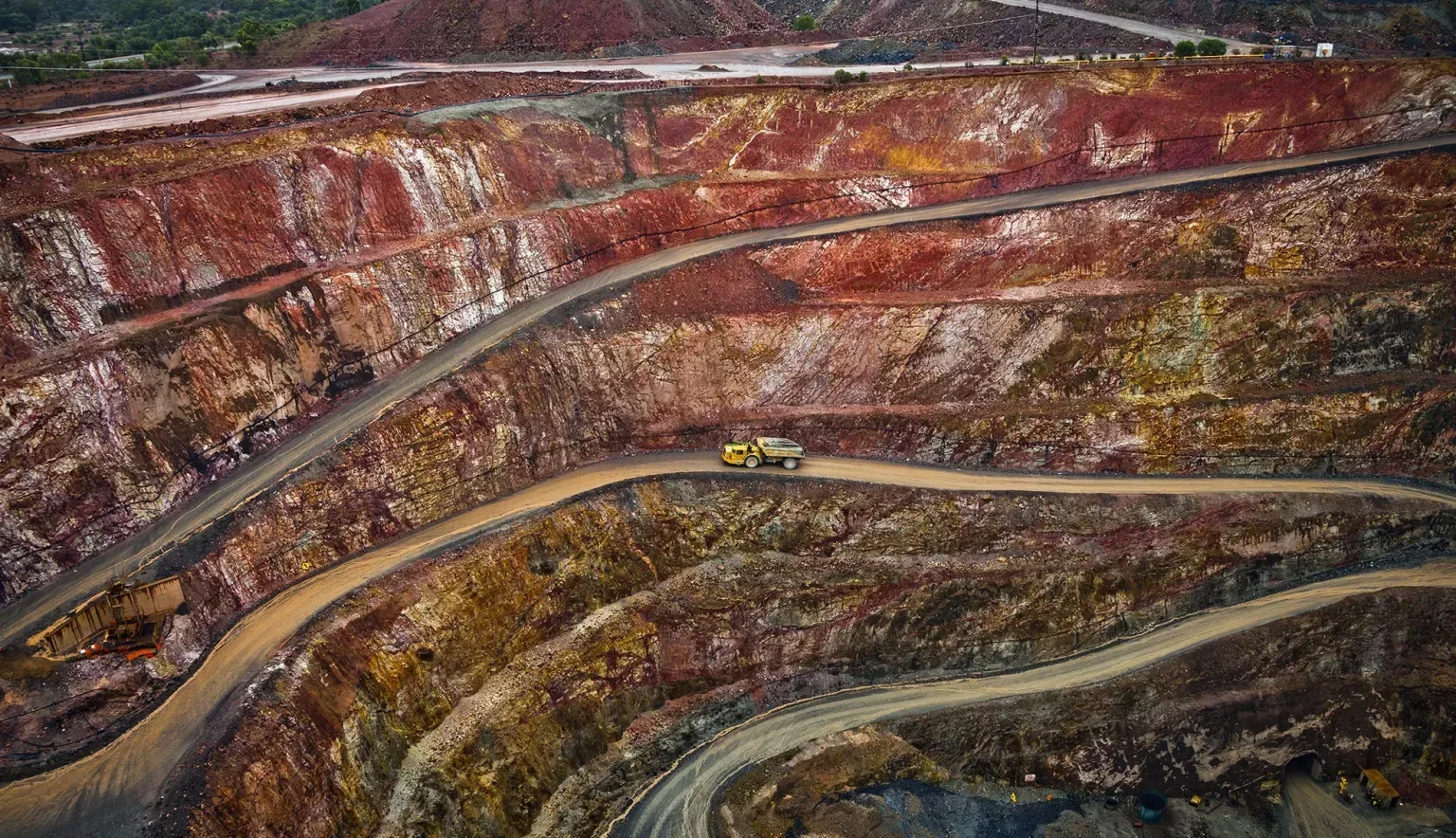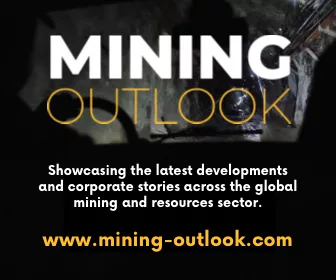We are given insight into the dominance of mining in Botswana by Botswana Chamber of Mines (BCM), where the industry is forecasted to sustain the economy far into the future.
- INTRODUCTION
- INTERVIEW: BOTSWANA CHAMBER OF MINES (BCM)
- Could you talk us through the origins of BCM, how it came about, and its initial vision?
- Since inception, how has BCM developed and progressed in terms of its key objectives and the messages it tries to get across?
- What do you find most exciting about Botswana’s mining industry?
- On the flip side, what are its biggest challenges?
- Have you got any projects in the pipeline you wish to highlight?
- How do you see BCM developing over the next five years?
INTRODUCTION
A vast expansion of the exploration for minerals is taking place in Botswana, and whilst this is a welcome development for the nation, it is essential that the progress is achieved smoothly with due regard for the appropriate legislation.
The direction that the mining industry pursues therefore is not only significant for the organisations involved, but is crucial for the country’s buoyancy in the world’s economy.
Debswana Diamond Company operates mines in Orapa, Letlhakane and Jwaneng is the largest diamond company in the world in terms of value of carats produced annually. The mining sector in general terms provides about 40 percent of all government revenue. Small amounts of coal are also produced, largely for domestic consumption, with the majority used for power generation. Botswana also continues to be ranked highly within Africa for policy, investment attractiveness and its tax regime. In 2019, Lucara Diamond Company unearthed in Botswana the second largest diamond ever found in the world, but whether it’s diamonds, gold, uranium, copper, or even oil, the industry is thriving and continues to produce positive results throughout the Southern African nation.
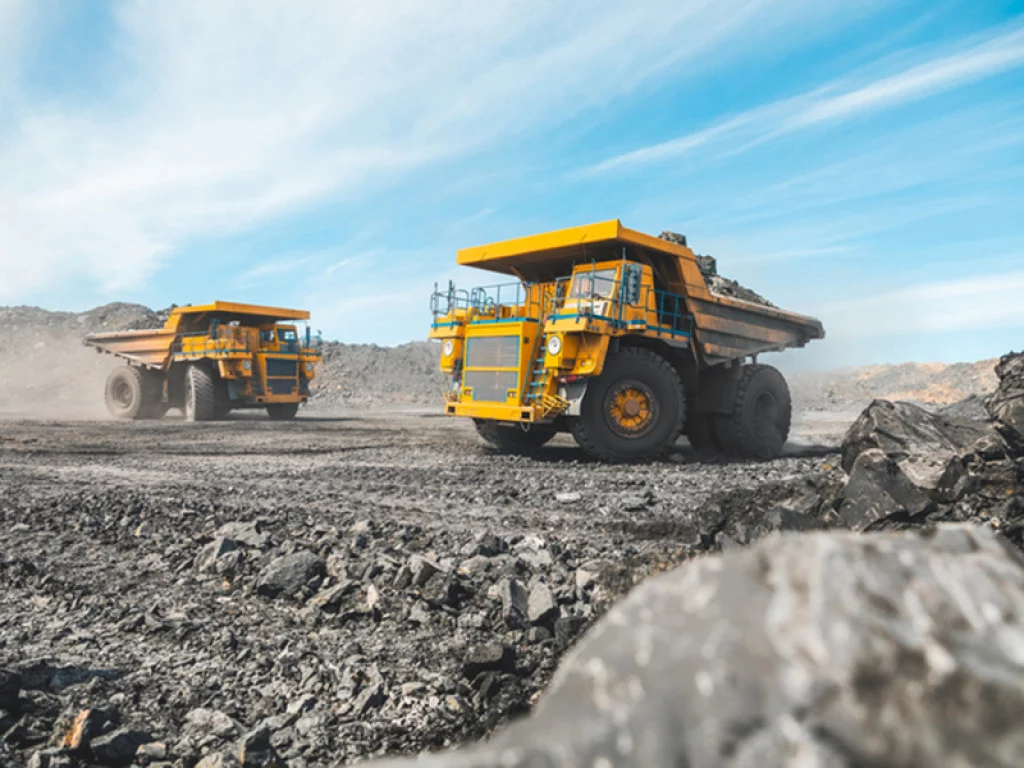
INTERVIEW: BOTSWANA CHAMBER OF MINES (BCM)
Botswana Chamber of Mines specialises in collective problem solving and is driving to improve the industry. Charles Siwawa, CEO, tells us more.
Existing to serve the many interests of the mining industry, both in Botswana and across the continent of Africa, BCM holds great influence over decision making on key policies and strategic decision making within the government, non-governmental organisations and other related bodies.
BCM’s vision places itself as an effective and unified voice for the mining industry that also educates and shares vital knowledge between its stakeholders.
The Chamber has managed to successfully fulfil this mandate in its short history, and the future looks bright as the mining industry continues to expand through exploration and the establishment of mining operations across Botswana. All mining companies in the country are affiliated to BCM, and the organisation is run by an executive committee.
BCM endeavours to ensure that legislation in the country is conducive for mining companies, and at the same time tries to develop good working relationships with legislators.

“The chamber is going to spread its wings and grow whilst implementing its mandate to the fullest extent possible, meaning we should be able to see significant growth”
Charles Siwawa, CEO, Botswana Chamber of Mines
Could you talk us through the origins of BCM, how it came about, and its initial vision?
Charles Siwawa, CEO (CS): The chamber was formed in the 1980s by a few companies that were operating in Botswana at the time, with the sole purpose of trying to focus on challenges that were common to all mines and attempting to resolve them.
The Chamber then operated from various mines, but as the number of mines increased, so too did the complexity of those issues. The mines then decided in 2010 to set up a secretariat in Gaborone, and we’ve been going from strength to strength ever since.

Since inception, how has BCM developed and progressed in terms of its key objectives and the messages it tries to get across?
CS: We believe that we have done very well in terms of our objectives, because really the focus is on advocacy to ensure that the mining industry is taken care of in relation to the people that we deal with, which is primarily the government and many other organisations around us.
We pride ourselves on having grown through that space. We’re also affiliated with the greater business community in the country, which is Business Botswana. Through this, we have established links with all the industries and government ministries throughout Botswana.
We are also now linked to the Southern African Development Community (SADC) Chamber of Mines. All southern countries that have a chamber of mines have formed a body, which we are also a member of called Mining Industry Association of Southern Africa. And of course, there’s the Association of Chamber of Mines and other Mining Associations (ACMMA), which looks at engaging the African Union. We are also affiliated with the International Council on Mining and Metals (ICMM), which is the body that unites the whole mining world and looks after mining issues. With this, we’re well-connected in taking both our industry and our country forward.
What do you find most exciting about Botswana’s mining industry?
CS: The whole issue of transparency is what drives the industry. The linkages on issues affecting the industry, whether its within ourselves as the industry or through engagement with the government, have a process that is inevitably smooth. There will of course be challenges from time to time, but the process is relatively smooth in comparison, because there is significant engagement with our counterparts, but Botswana’s mining industry is good. That is why, in some other jurisdictions and publications, Botswana features as the number one destination within the mining arena.
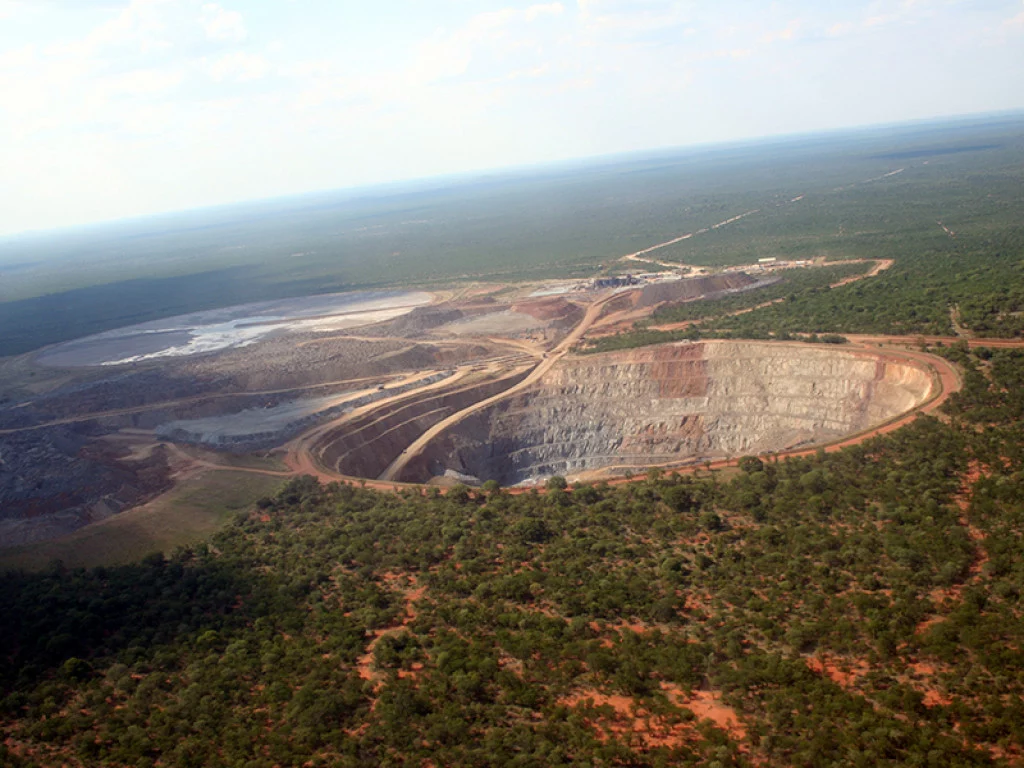
On the flip side, what are its biggest challenges?
CS: There’s one or two major challenges, starting with the markets which are extremely volatile at the moment. A mining operation would start based on the commodity prices that prevail at the time, provide for contingencies and escalation in costs etc, then suddenly, after three or four years, the mines shut down due to excessive fluctuations in prices, rendering the mine as loss making. The fault would not necessarily lie with the mining companies themselves., it’s just the way the world economy moves. Eventually the operation would have to go back to the drawing board. The low number of skilled employees is also a further challenge that we have been facing over the past few years.
The second major challenge is that of our health, safety and environmental challenges. The industry believes in its performance and monitors this quite closely. We think the industry is on top of issues in this respect, but you will always get challenges popping up from time to time. In this area the mining industry takes care of employees in terms of their health and safety, and of course, the environment itself within which they operate. When we put our heads together as an industry, we can collectively resolve these challenges.
“The industry takes care of its employees in terms of their health and safety, and of course, the environment itself within which it operates. When we put our heads together as an industry, we can collectively resolve those challenges”
Charles Siwawa, CEO, Botswana Chamber of Mines
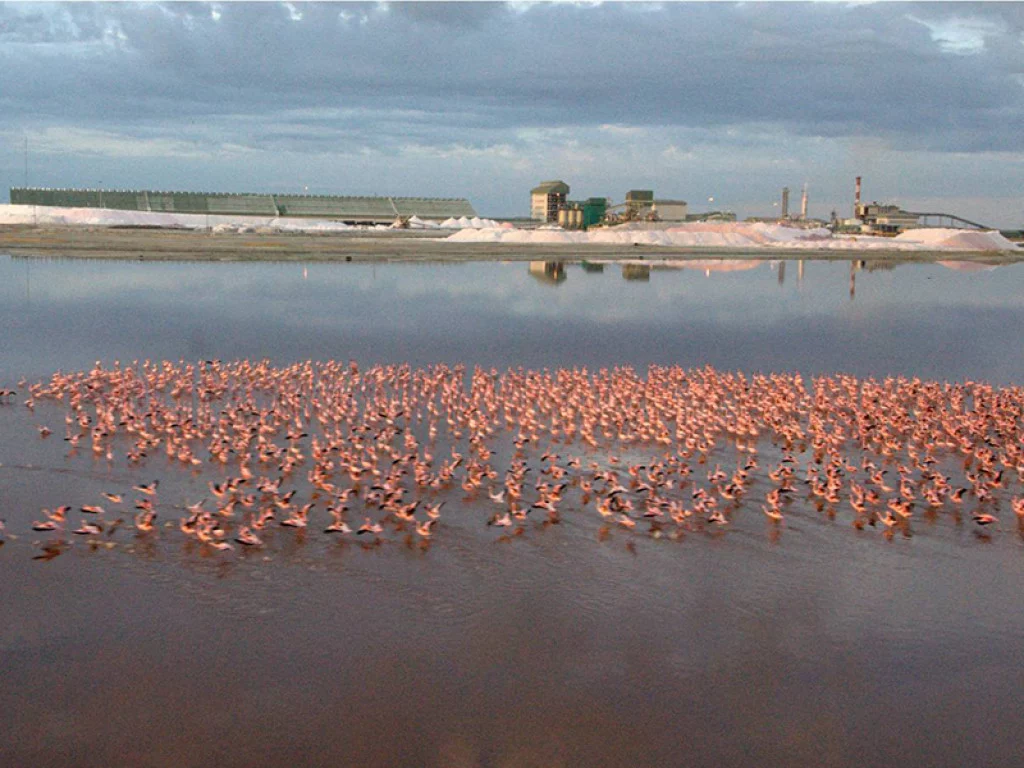
Have you got any projects in the pipeline you wish to highlight?
CS: The country has had mines that have met challenges with commodity prices. When that happens, and the operation’s revenue is below the cost line, then it creates negative profit lines. Therefore, it means having to liquidate it or close it, and we’ve had a couple of those closures in the previous five years because of commodity prices. But now, all those mines are bidding to open once more because the prices have increased again to the point where they can make a profit.
The other thing is you have what is called the African Mining Vision, and this is really encapsulated in the African Union agenda. With this, the issue is to beneficiate Africa’s minerals in the areas or in the countries where they are mined – this is what the vision refers to. If copper mining takes place for instance, there should be activities that beneficiate this product to its logical conclusion, so that this export of copper is in finished form rather than the raw or semi-raw format. Studies have been undertaken and continue to be carried out on various minerals, hopefully leading to positive benefits. This is a very exciting opportunity for the country.
How do you see BCM developing over the next five years?
CS: Membership drives the Chamber, so we are encouraging all those new mines and projects to become members. By doing so, it places the Chamber on a positive growth path which then of course drives its strength. Currently we are sitting at circa 30 members, but we believe there is scope to increase that membership. The Chamber is going to spread its wings and grow whilst implementing its mandate to the fullest extent possible, meaning we should be able to see significant growth.



